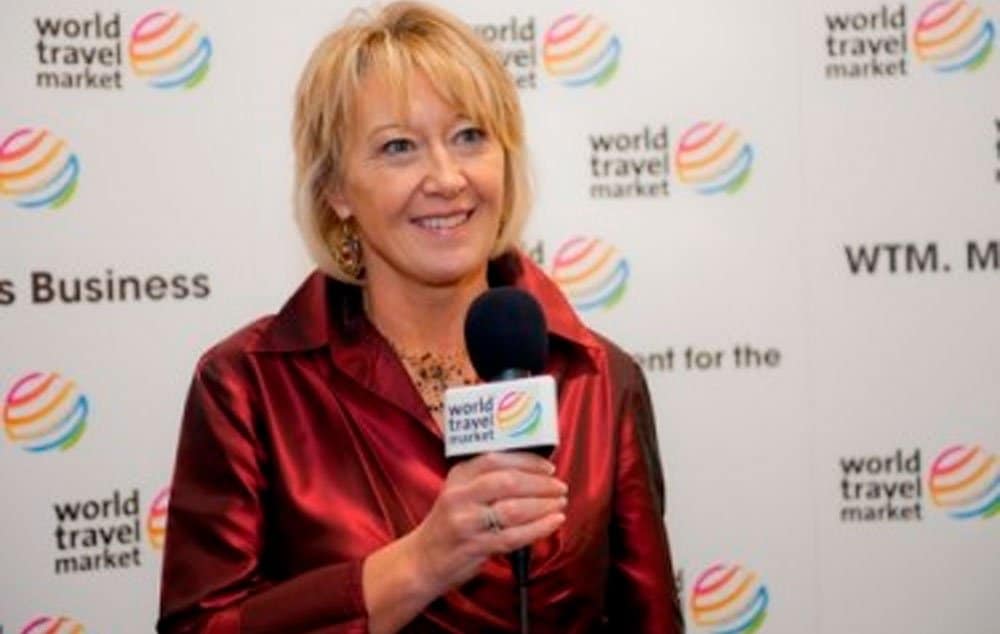In many people’s minds, the business of making it easier for people with physical or sensory impairment to travel and enjoy the experience of travelling is a niche market. Overly challenging and simply not commercial enough.
It’s something that as an industry I believe we do particularly badly and needs improvement across all areas: transportation, accommodation and in destination providers. Recent figures by the EU overwhelmingly support this view.
The sector is worth €352 billion, but if operators improved accessibility for the less mobile, the market would enjoy growth of 18% to €415 billion. Combine this with better information and sensory developments and the market would increase by 25% to €439 billion. Improve staff training and you get growth of 36% to €480 billion.
Basically the more you improve, the better the growth curve.
Figures alone though don’t do it for me, particularly when seen on this scale, but what this does say quite clearly is that ethics and economics are interrelated and when you put this alongside the growth of an aging population – in less than 10 years’ time 30% of people in Europe will be over 65 – then the sooner we stop thinking of this as niche the better.
Accessibility is sustainability. It requires an integrated approach and coordinated policy measures. It brings social responsibility, economic benefit and differentiation of destinations. It’s also a leverage for innovation.
It’s a fact that 70% of disabilities are not seen, but it’s a misnomer to assume that all this takes massive investment and is difficult to do. The biggest obstacle is our own attitudes to the accessibility issue and a willingness to listen, learn and reform.
The republic of San Marino dates back to 1493 and has focused its effort on making their destination on top of a mountain with cobbled streets and buildings dating back to the 1100’s accessible to all.
They haven’t invested millions, but they have made changes; installing lifts in historic buildings, creating accessible routes across the country with ramps at suitable gradients, improving access to detailed information and investing in staff training and guides that can communicate through sign language and braille. It has taken thought and consideration, and more significantly a commitment and willingness to learn and take action.
Scandic Hotels have a simple mantra – there are no disabled people in their hotels, only guests, and they have an accessibility standard of 110 points of which 81 are mandatory across all their hotels, some of which cost as little as €1. Scandic gets payback within one year on its investments.
Visit England too have recognised a 19% growth of customers with accessibility needs, and the bottom line is if you don’t improve accessibility you damage the sales viability of your offering. Guides to help businesses improve have been produced and four pilot projects undertaken in Newcastle Upon Tyne, Leicester, Bath and Brighton.
Stop thinking accessible travel is a specialist market for those with physical, visual, audio or mental impairment- it’s actually about tourism. We need to change our attitude and we ignore it at our peril.
Source: travelweekly



